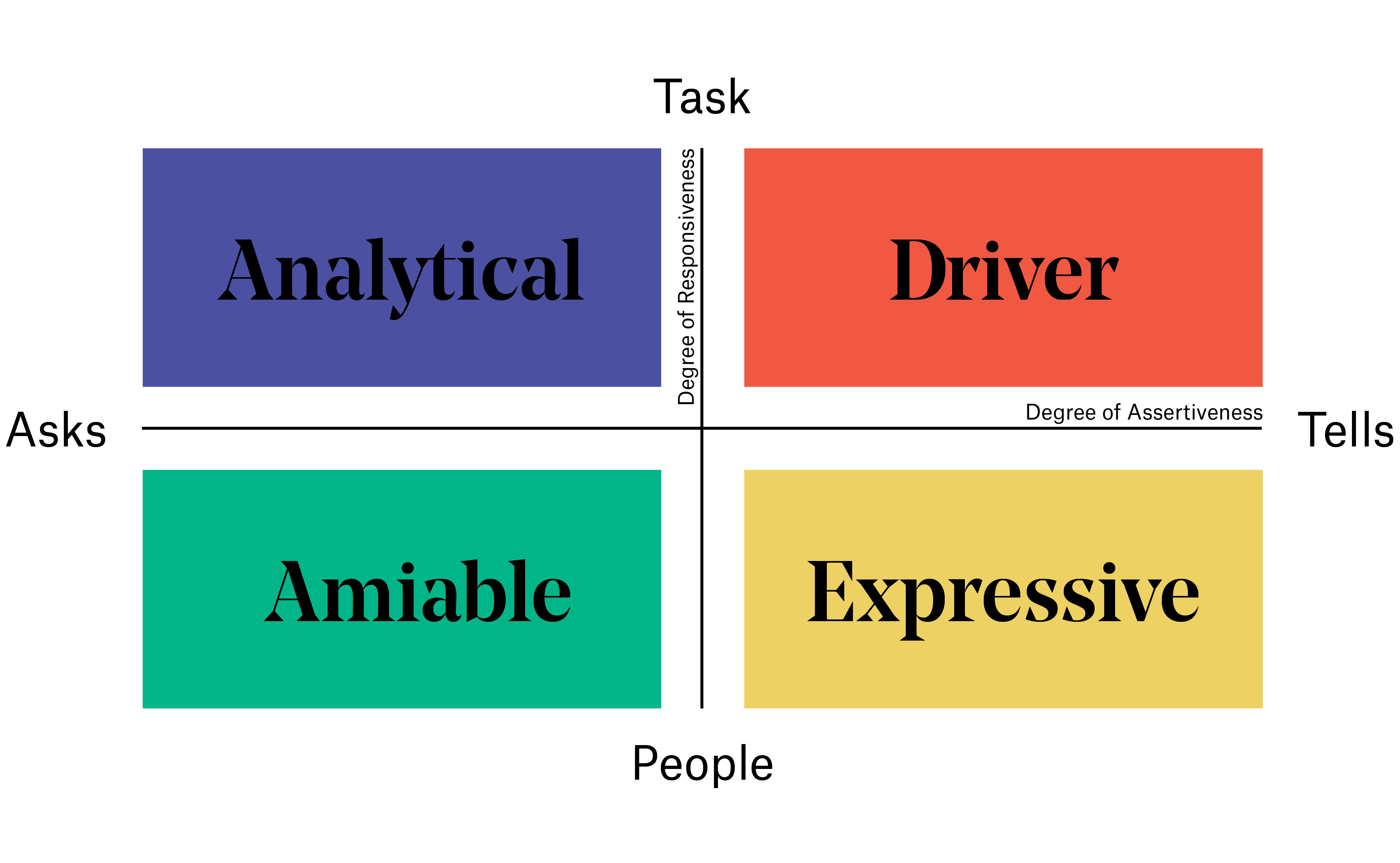Ay-yi-yi-yi-yi! In the classic television series “I Love Lucy,” Ricky Ricardo often bemoaned that his wife, Lucy, had some “splainin” to do. And legendary comedian Lucille Ball certainly had a thing or two to say when it came to expounding on something that many of us relegate to the bottom of our priority list these days—self-care. In a recent interview, the late actress’s daughter Lucie Arnaz recalled some useful advice from her mother that she still follows to this day:
“She was very focused on, ‘Take care of yourself first. Put your oxygen mask on before anyone else.’” said Arnaz. “And I think about that a lot.” As with most mothers, Lucy also advised that she and her brother should always do their homework and brush their teeth. So, can it really be that simple when it comes to self-care and striking that delicate balance between work and life?
If we don’t heed Lucy’s advice and put our oxygen mask on first, we can’t help others with their oxygen mask, metaphorically speaking. Simply put, if we don’t pay attention to our own body, mind, heart and spirit, then we can’t truly be of service to others. And that is a big lose-lose.
Gresham Smith’s company culture supports a work-life balance, as we understand that living your best life, for many people, means success both in and outside of the office. In this post, I share some tips for maintaining a healthy work-life balance—a few oxygen masks to reach for, whether you’re feeling a little burned out or in the middle of a fight-or-flight emergency.

Different Strokes for Different Folks Under Pressure
In his reflective song “James,” Billy Joel urges his childhood friend to “do what’s good for you, or you’re not good for anybody.” Of course doing what’s good for you—in this case, creating a work-life balance—may not always be that simple. However, it’s not out of reach. And it means different things for different people. For instance, kayaking on a still lake takes me to my happy place, but for others, battling Class IV whitewater rapids may be how they re-energize.
As part of Gresham Smith’s Way to Lead program, a component of our Build U employee development initiative, I host Social Styles and Communication training courses for all employees at the firm. The Social Styles Model categorizes people according to their individual behavioral preferences and how they interact with others.
Decades of research has shown that everyone can be categorized into one of four Social Styles—Analytical, Driver, Expressive and Amiable—each with an inherent way of acting, thinking and making decisions. Learning how to identify and understand the four Social Styles is a key component not just to effective leadership but also to effective communication and interpersonal relationships.
An interesting takeaway from this training is that each of the four Social Styles respond differently under stress. And when our work life and our personal life are out of balance, our stress levels are likely to soar. Below are tips for achieving a better work-life balance for each of the Social Styles. See if you can recognize yourself in any of these:

The Analytical
Ever known someone who researches the heck out of something before they make a decision? That’s the Analytical. Known for their attention to detail, they are serious, cautious, ask lots of questions, and can sometimes be indecisive. When stressed, Analyticals tend to get over-focused on the details and begin to withdraw from others.
Self-Care Tip: Include something in your daily routine that is predictable. Maybe try some journaling in the morning or some quiet time in the afternoon. Or how about some “headphone time” where you can bebop to some great music?
The Driver
These are the “get ‘er done” people! Drivers are action- and goal-oriented and strive for results. So, best curb the small talk when interacting with this Social Style. When stressed, Drivers fear losing control or being taken advantage of, so they tend to seek more control and become energized to work even faster.
Self-Care Tip: Whether the job is done or not, take time to find a stress reliever of an autonomous nature—something that doesn’t require the participation of others and has multiple purposes. This might include going for a run to get in some physical activity, or finding a fun, new recipe to whip up a delicious meal. Just avoid whipping yourself into a frenzy!
The Expressive
Energetic, outgoing and known for gesticulating wildly—aka talking with their hands—Expressives primarily fear being rejected or getting bored. Under pressure, they rise to the challenge at first, but then get overwhelmed to the point where they may become sarcastic or even offensive at times.
Self-Care Tip: Introduce some excitement and creativity into your routine and surround yourself with enthusiastic, positive-energy people. In other words, avoid the Debbie Downers! Having a drink with friends you haven’t seen in a while or going to a nearby town for dinner for a change of scenery can help re-energize and rejuvenate the Expressive style.
The Amiable
Ah, the Amiable. Loyal, compassionate and patient, they like to be liked, seek harmony and avoid conflict. Amiables fear losing their sense of security. So, when stressed, they get into a worry groove and become more submissive than usual, only talking with people they truly trust.
Self-Care Tip: Stress relief for Amiables involves anything that can help shift their perspective. For example, quality time with a good listener or going to a rockin’ concert. Spending time in restorative environments such as hiking in the mountains among beautiful scenery is also a great way for this Social Style to recharge their proverbial batteries.

It’s a Generational Thing
I think it’s worth noting that along with each of the Social Styles, each generation has different preferences and needs when it comes to work-life balance. For instance, the baby boomers’ strong work ethic doesn’t leave a whole lot of “life” time until their retirement, while Gen Xers give their all during work hours but are fiercely protective of their “life” time. In contrast, millennials and Gen Zers are seeming to integrate their work and personal lives more often, which means a two-way street: although they bring their informalities to work, they bring their work home after hours.

Don’t You Forget About YOU!
Ultimately, self-care is about creating a sustainable work-life balance, prioritizing the things that revitalize us and then making them a part of our daily routine. In Stephen R. Covey’s bestselling book, The 7 Habits of Highly Effective People, Habit 7 likens daily renewal to sharpening a saw and makes the analogy that “Trying to live without renewing ourselves each day is like trying to cut a piece of wood with a dull saw.” In other words, you can’t do it!
At the end of the day, striking a healthy work-life balance is about reducing burnout—no matter where you stand in the corporate structure. Even if you’re where you’ve always wanted to be, it doesn’t mean that when you reach your goals you’re done in terms of personal development and self-care. You still have to pay attention to you. Be kind to yourself. Do the things that feed your body, mind, heart and spirit on a daily basis—whether it’s running a half-marathon or curling up with your favorite book and a bag of Cheetos. Otherwise, you really might have some “splainin” to do somewhere down the road!

Gresham Smith’s Mickey Sullivan re-energizes by running half-marathons across the United States with his wife, Nancy.